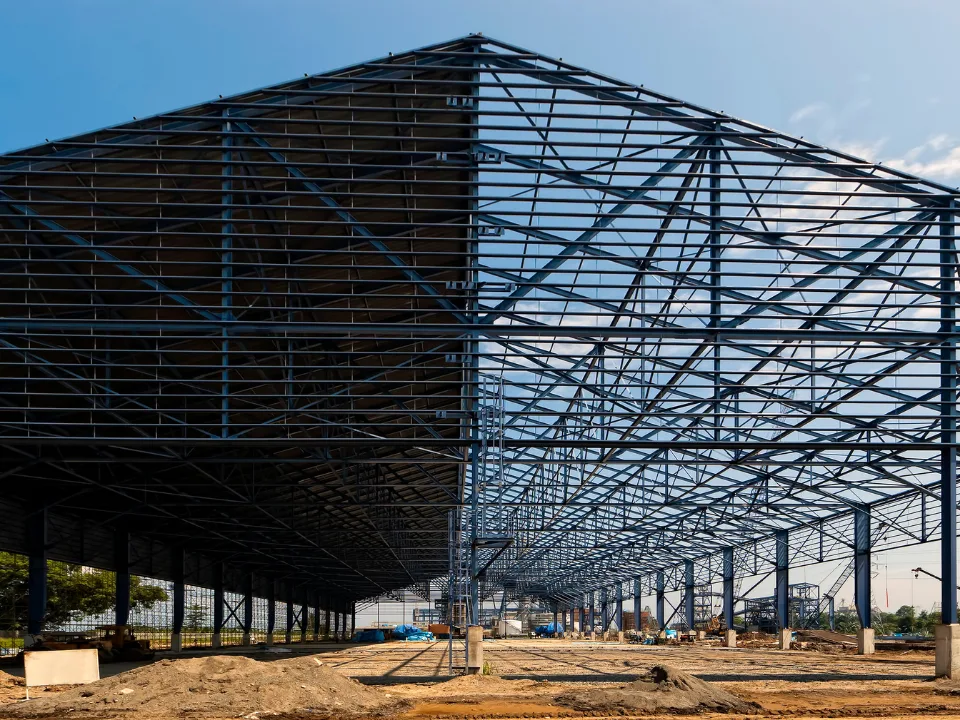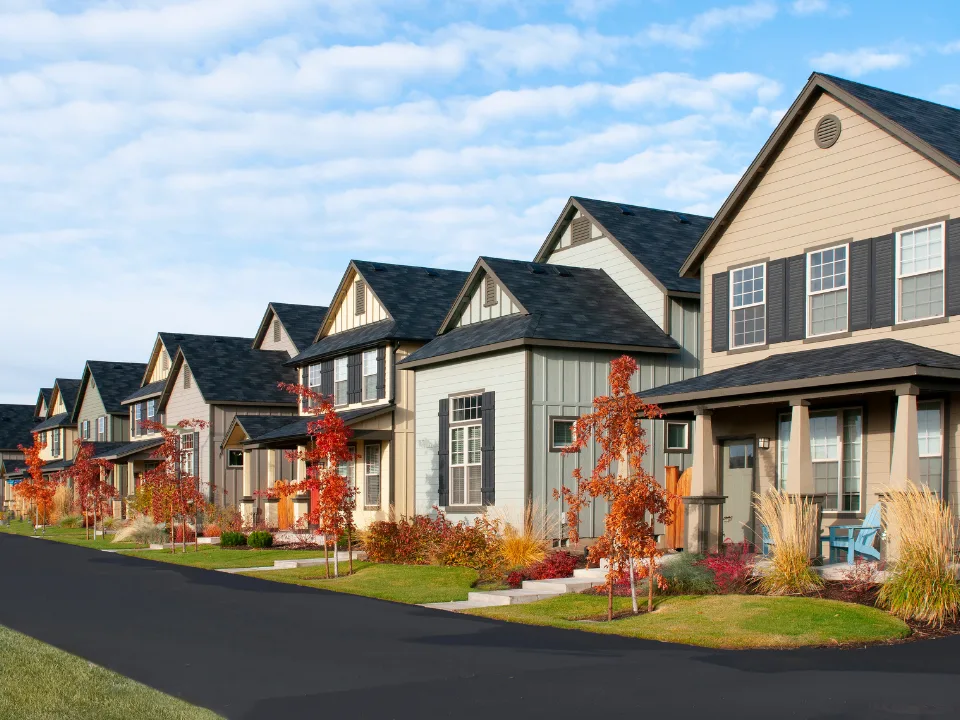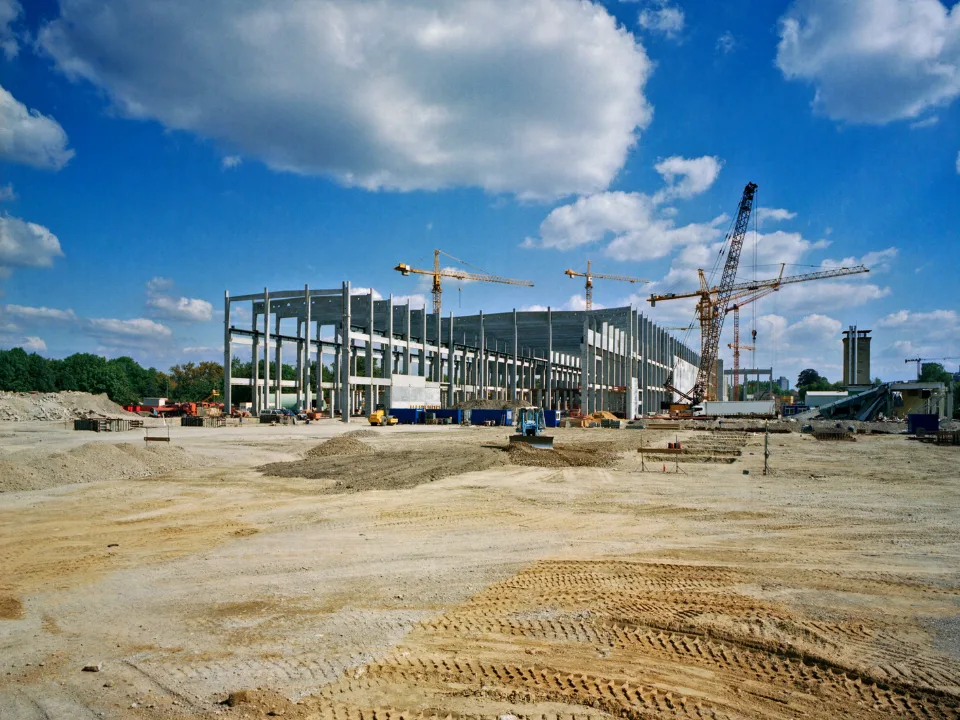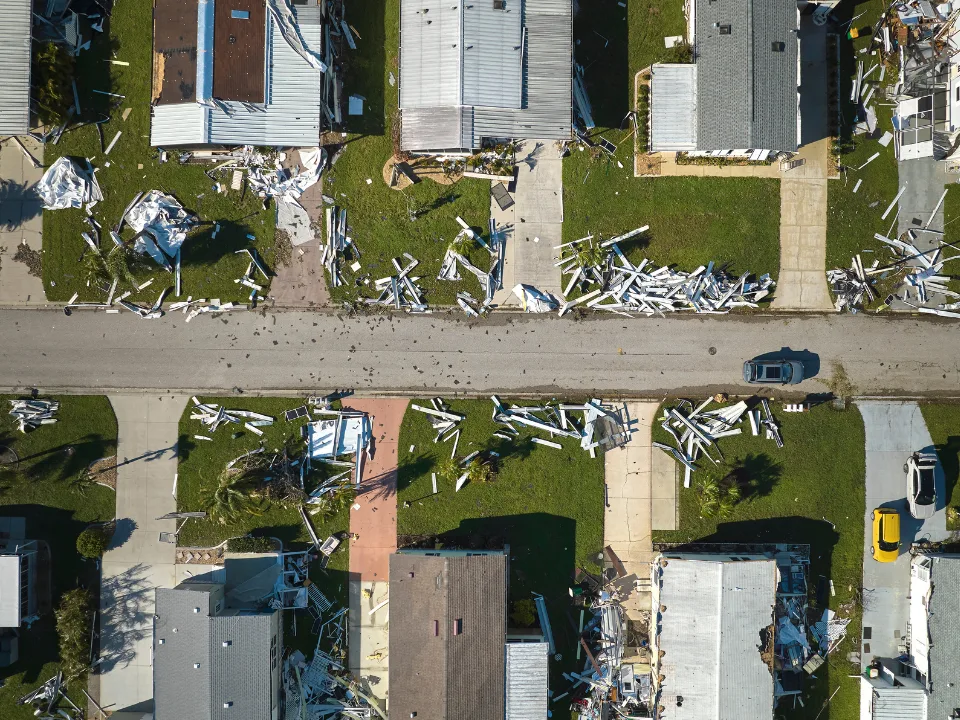- AI Adoption to Surge: Real estate and construction industries will prioritize AI for cost savings, improved safety, and project efficiency.
- Data Center Demand: AI growth will fuel the construction of new data centers, which will require innovative energy solutions and advanced infrastructure.
- Legislative Focus on Biometric Data: Privacy concerns will push states to enact stricter biometric regulations, impacting workforce management strategies.
- Commercial-to-Residential Reuse: Adaptive reuse of commercial spaces will help address the US housing crisis.
- Infrastructure Projects to Dominate: Natural disasters and “America First” policies will drive investments in infrastructure and industrial projects.
The past year has tested US companies across industries, with challenges stemming from election uncertainties, soaring inflation, and high interest rates creating a turbulent business environment.
However, as 2025 approaches, signs of change are emerging, according to BDO USA. Expected interest rate cuts and the conclusion of the election cycle hint at greater market stability in the months ahead.
AI Adoption Will Reshape Real Estate and Construction
While real estate has embraced AI to some degree, construction lags behind when it comes to adoption. But in 2025, both sectors are expected to expand their use of AI significantly.
- Construction applications: AI will optimize project management by automating scheduling, resource allocation, and risk detection.
- Real estate applications: Chatbots and other AI tools will streamline tenant communication and reduce operational costs.
With inflationary pressures and labor shortages, AI presents a solution to enhance efficiency and reduce expenses across industries.
Biometric Data Legislation to Expand
AI-driven biometric data applications, such as enhanced security and workforce tracking, are expected to gain traction. However, these advancements come with privacy risks, prompting more states to adopt regulatory measures.
- Challenges: Data breaches could expose sensitive employee data, heightening the need for stringent security protocols.
- Current Legislation: Illinois leads the charge, but more states will likely follow in 2025.
Construction firms must proactively safeguard biometric data to mitigate risks and comply with emerging regulations.
Get Smarter about what matters in CRE
Stay ahead of trends in commercial real estate with CRE Daily – the free newsletter delivering everything you need to start your day in just 5-minutes
Data Center Construction to Soar
The rise of AI tools necessitates powerful data centers with cutting-edge cooling systems and energy solutions.
- Key Locations: Northern Virginia, Austin, Atlanta, and Columbus are prime candidates for new centers.
- Challenges: Power supply issues may push tech firms to explore nuclear energy solutions despite legal and logistical hurdles.
Data center growth underscores the increasing intersection of construction, technology, and energy infrastructure.
Adaptive Reuse to Ease Housing Crisis
The housing crisis and ongoing struggles in commercial real estate are driving adaptive reuse projects.
- Current Housing Gap: The US faces a shortage of 7.3M affordable rental homes.
- Economic Benefits: Transforming vacant offices and malls into residential spaces could rejuvenate struggling local businesses.
This trend offers dual benefits: addressing housing needs while revitalizing urban communities.
Infrastructure Projects to Grow Amid Policy and Climate Pressures
Natural disasters and a renewed focus on domestic manufacturing will accelerate infrastructure and industrial construction.
- “America First” Policies: Expanded R&D tax credits and other incentives may bolster industrial projects.
- Challenges for Smaller Firms: Financial pressures will limit smaller retailers’ ability to invest in new construction.
The emphasis on large-scale projects aligns with broader economic and environmental needs, further shaping the construction industry’s trajectory in 2025.
Looking Ahead
From leveraging AI to adapting to regulatory shifts, 2025 will bring transformative opportunities and challenges for the real estate and construction industries. Firms prioritizing innovation and resilience will be best positioned to thrive in this evolving landscape.



















